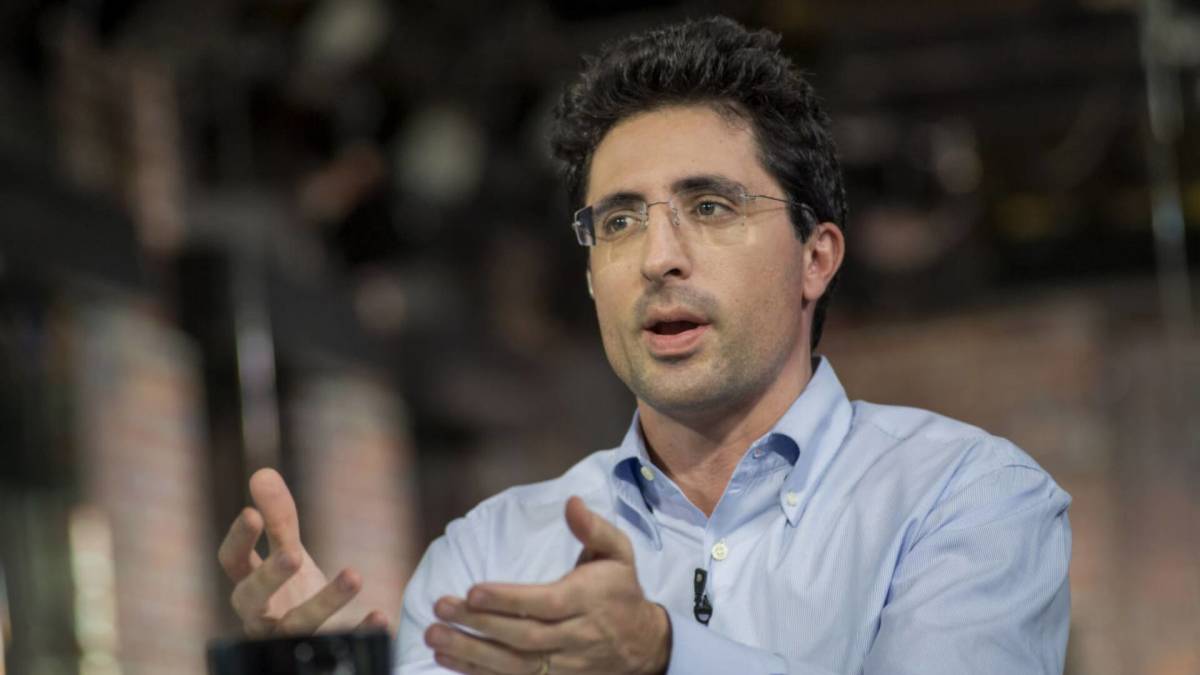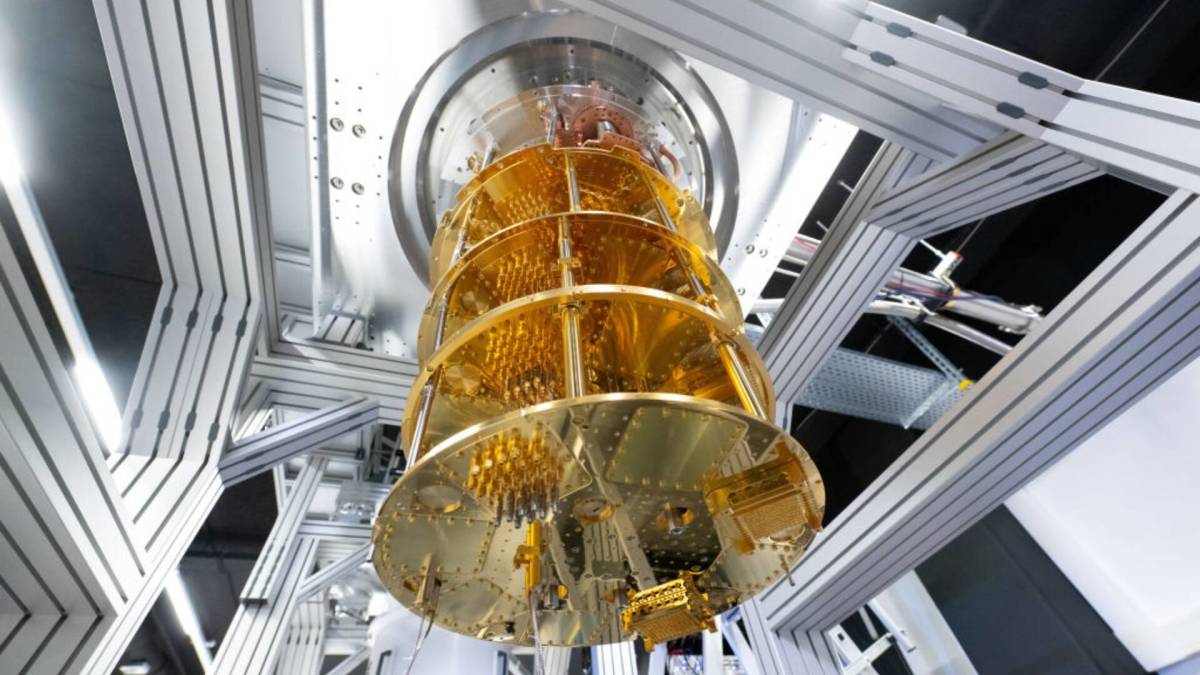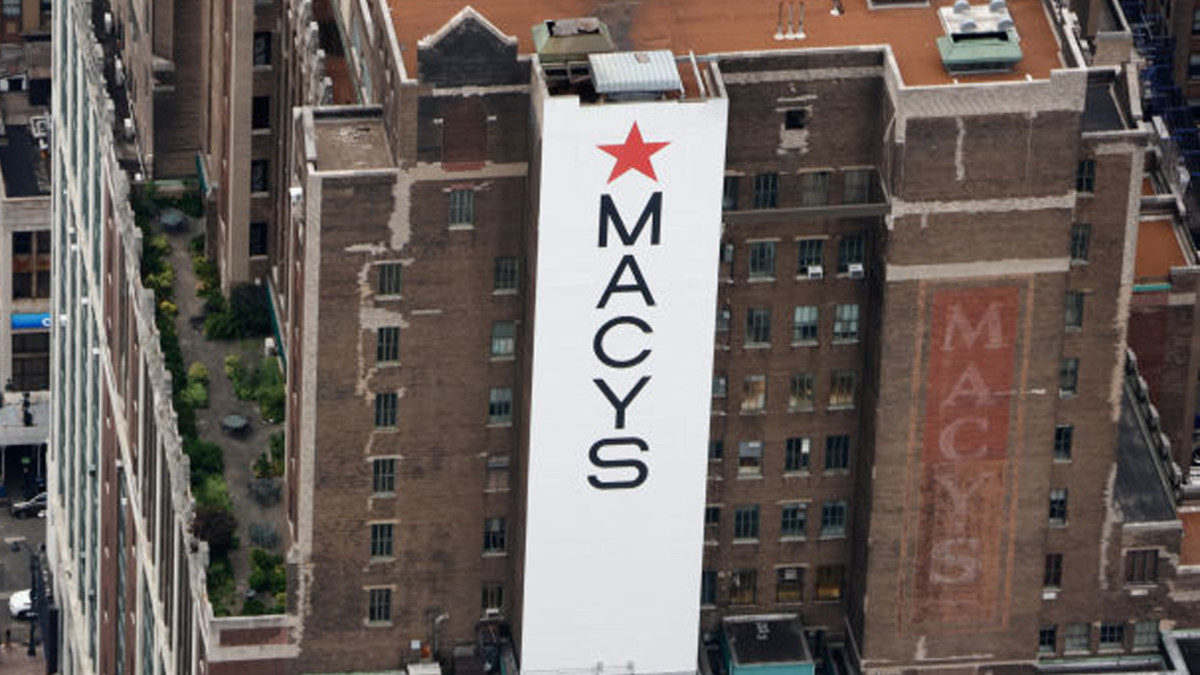Quantum computing upstart lands major Pentagon nod
IonQ (IONQ) just got a boost from the top that can potentially redefine the quantum computing race as we know it. The quantum upstart just got selected for Stage B of the Defense Advanced Research Projects Agency (DARPA) Quantum Benchmarking Initiative. That’s a mouthful, essentially meaning ...

IonQ (IONQ) just got a boost from the top that can potentially redefine the quantum computing race as we know it.
The quantum upstart just got selected for Stage B of the Defense Advanced Research Projects Agency (DARPA) Quantum Benchmarking Initiative.
That’s a mouthful, essentially meaning the government now wants IonQ to effectively rewrite the rulebook for what “real” quantum performance looks like. For IonQ, that’s a major stamp of approval, validating that IonQ’s atom-based machines are more than just hype.
Its stock is up 3% on the news, but the bigger win runs a lot deeper, as DARPA’s backing positions IonQ in the driver’s seat.
From a speculative tech bet, the win is a rare blend of credibility, funding, and future promise that investors will now be watching closely. Image source: Sven Hoppe/picture alliance via Getty Images
DARPA’s endorsement turns the quantum hype real
In many ways, IonQ’s Pentagon nod shifts quantum talk from buzzwords to practical benchmarks.
DARPA’s backing essentially defines what’s real, what working quantum power looks like, and exactly where the hype ends and accountability begins.
What DARPA's Stage B actually means
Put simply, DARPA’s Quantum Benchmarking Initiative (QBI) is essentially a reality check for quantum computing players.
As the agency said on its website:
Stage A is where ideas are vetted and refined.
For approximately six months, companies must submit their concept designs and rough roadmaps. In a nutshell, DARPA’s looking to quiz its applicants on: "Is this architecture even plausible at scale?" If yes, they roll to the next round.
Related: Google just shook up the AI hardware race in a big way
Stage B is the stage where things get a lot more serious.
Short-listed teams need to spend roughly a year turning those concepts into detailed R&D blueprints, which include milestones, risk management, and prototype plans. Some businesses may even receive funding (of up to the mid-teen millions) in executing their plans.
IonQ just got green-lit for Stage B, and it now needs to deliver a full R&D roadmap through 2033, which entails technical milestones, hardware targets, and performance milestones.
Backing things up, IonQ’s 2025 roadmap is gunning for 2 million qubits by 2030, 99.99% gate fidelity, along with real-world use-cases testing its offerings out with AWS, Nvidia, and AstraZeneca.
Inside IonQ’s quantum ambition
IonQ isn’t just your average tech startup chasing quantum dreams. It’s actually building the foundational hardware behind them.
Its machines, which look like something straight out of a sci-fi flick, use laser-cooled ions trapped in a vacuum, resulting in arguably the most stable and accurate qubits in the business. The company’s lineup is superb.
Related: Apple could reboot Siri to finally please users
For instance, the Aria system is running 25 fully connected qubits. Forte takes that up a few notches to 36, and the flagship Tempo hits 100 qubits, along with 64 “algorithmic” ones functioning as fully usable units.
Each of its systems runs through major cloud platforms, including the likes of AWS, Azure, and Google, tackling real-world problems in chemistry, logistics, and drug discovery.
Financially, IonQ is on a strong trajectory.
More Tech Stocks:
- As Palantir rolls on, rivals are worth a second look
- Nvidia’s next big thing could be flying cars
- Cathie Wood sells $21.4 million of surging AI stocks
Q3 sales skyrocketed 222% year over year to $39.9 million, blowing past expectations by 37%. Losses, though, loom large, but much of it currently stems from stock-based pay, along with heavy R&D spending.
The key edge for IonQ is its massive cash cushion, boasting $1.5 billion in hand and $3.5 billion following a major capital raise.
Layer its fortress-like balance sheet with a record-setting 99.99% gate fidelity and a 2 million qubits roadmap, and IonQ looks clearly like a frontrunner in quantum computing.
Who’s leading the quantum race?
Quantum computing is poised to become a substantial market, potentially growing from nearly $3.5 billion in 2025 to more than $20 billion by 2030.
However, the catch is that no one really knows which technology will win at this point. That uncertainty has paved the way to a handful of “pure plays” offering investors very unique bets on the same prize.
Here’s how the “Quantum 4” stacks up:
- IonQ: The clear frontrunner makes use of a trapped-ion approach, using individual atoms as qubits, posting a record 99.99% fidelity, and backed by cloud partnerships with AWS, Microsoft, and Google.
- Rigetti Computing (RGTI): Builds superconducting-qubit chips based on a “chiplet” architecture. Its Cepheus-1-36Q system is already running an eye-catching 36 qubits and is marching towards 100+.
- D-Wave Quantum (QBTS): The veteran player makes use of a unique quantum annealing approach instead of universal qubits. Though its losses remain steep, its enterprise traction continues to impress.
- Quantum Computing Inc. (QUBT): Takes a photonic route and is developing quantum sensors and securing communication tools, along with powerful AI accelerators. The more speculative of the bets, with a focus on light-based qubits, pushes it into the "experimental" category.
Related: Nvidia CEO drops unsettling prediction on AI race
What's Your Reaction?




















































